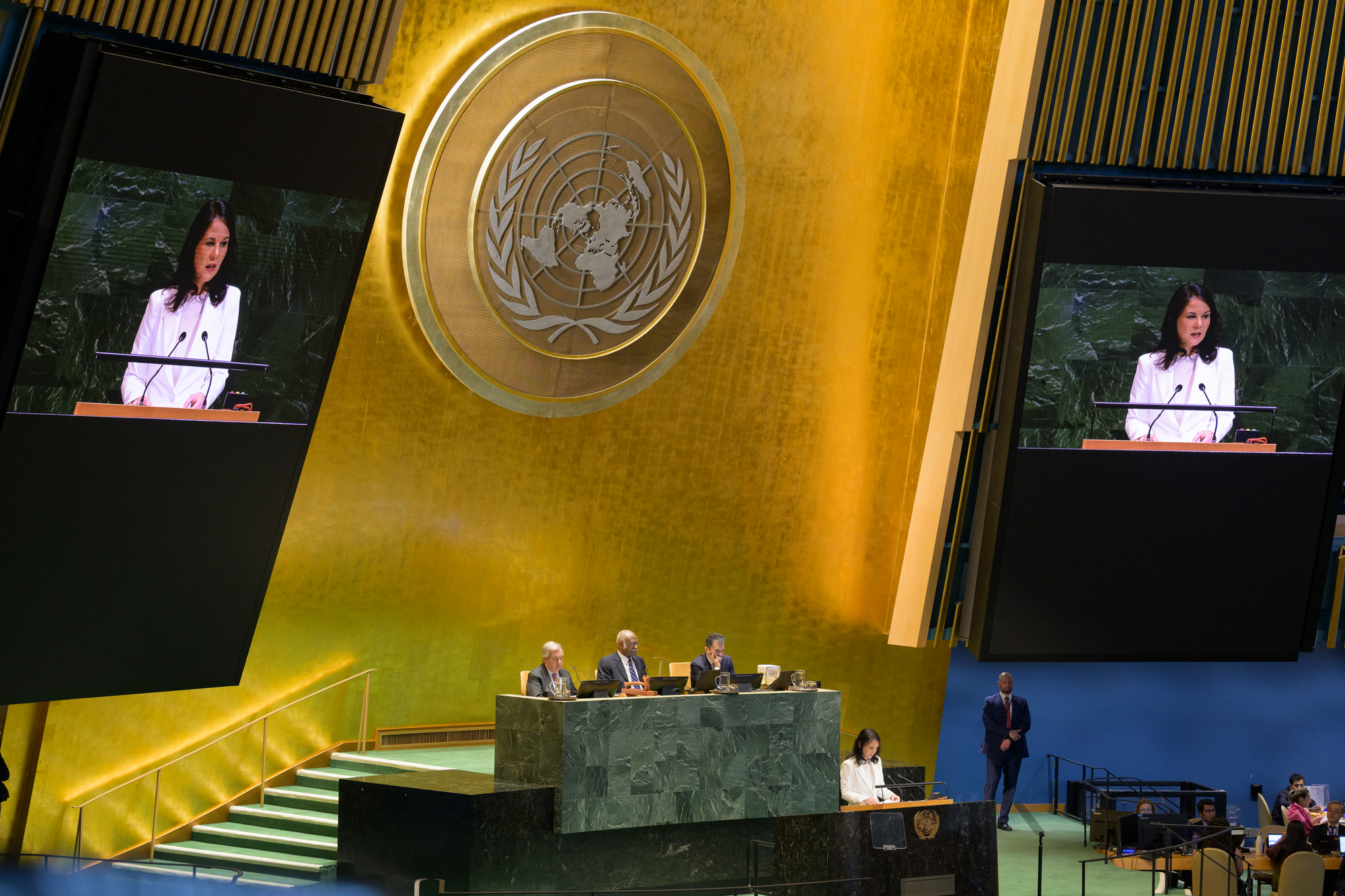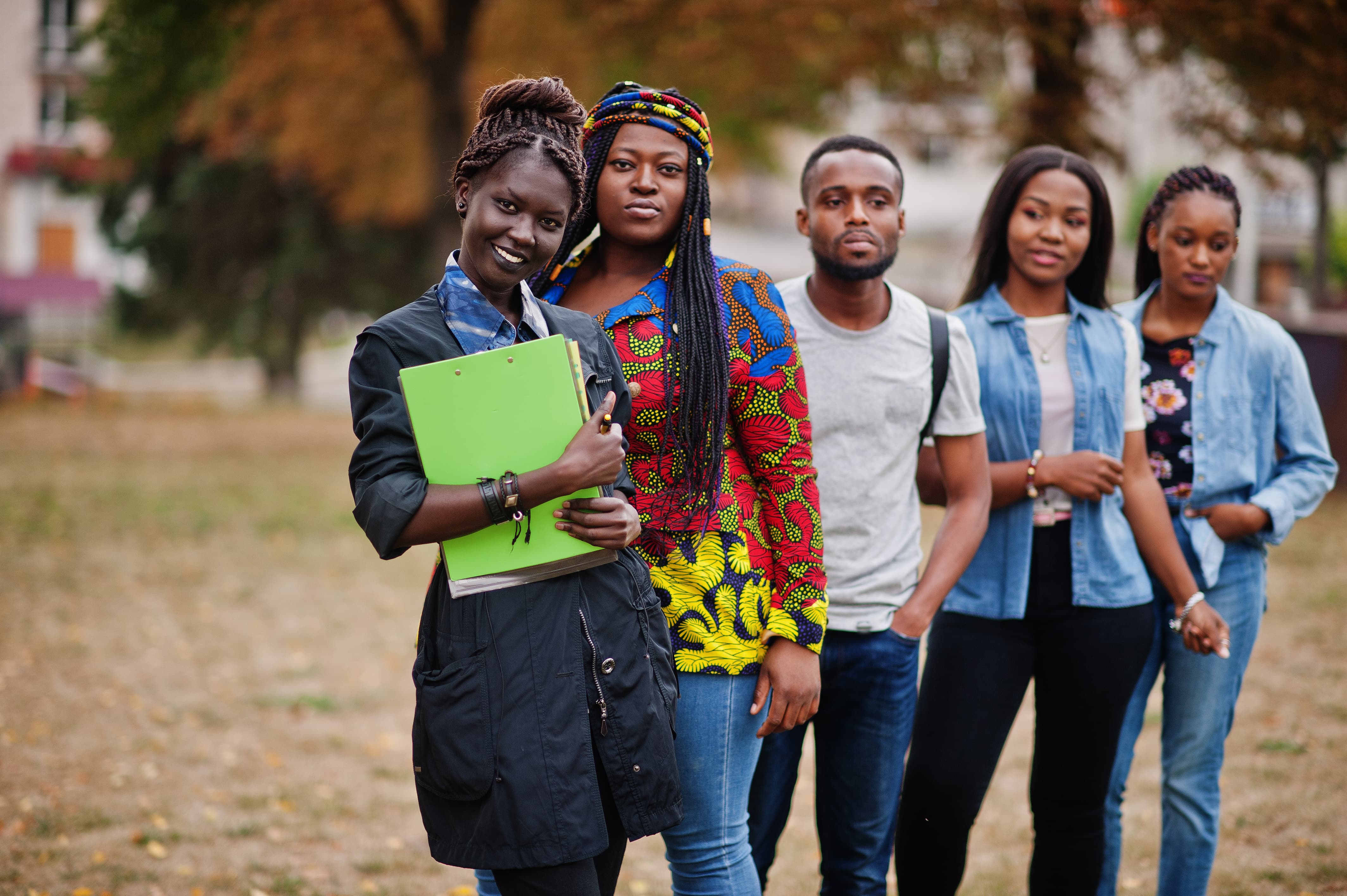UK travellers to the EU face new biometric checks from 12 October, but full enforcement is not expected until April 2026. Officials say the phased introduction will help avoid severe disruption at ports and stations.
An entry-exit system that requires non-EU citizens to be fingerprinted and photographed, with the data stored in a central European database for three years. A further 90-day grace period will allow French border officials to ease checks if technical issues arise.
The Port of Dover has prepared off-site facilities to prevent traffic build-up, while border officials stressed the gradual rollout will give passengers time to adapt.
According to Border Force director general Phil Douglas, biometrics and data protection advances have made traditional paper passports increasingly redundant.
These changes come as UK holidaymakers prepare for the busiest winter travel season in years, with full compliance due in time for Easter 2026.
Would you like to learn more about AI, tech and digital diplomacy? If so, ask our Diplo chatbot!










